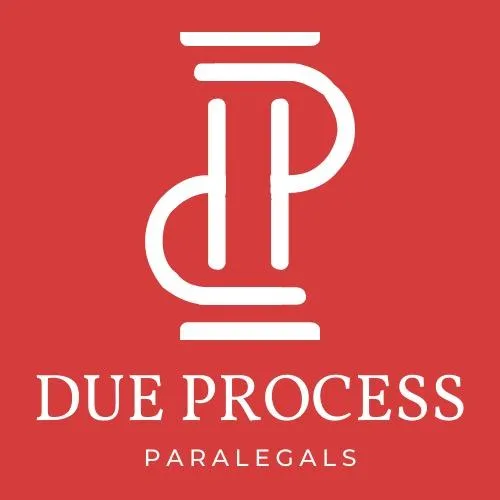CASE STUDIES
Unveiling Legal Success: Delve into Case Studies with Our Comprehensive Blog Review - Your Source for In-Depth Insights into Real-World Legal Outcomes and Strategies.

Lender's Statute of Limitations Arguments Sunk By New York's Foreclosure Abuse Prevention Act
Introduction:
The case revolves around the efforts of plaintiff Bank of New York Mellon (the Bank) to foreclose on a property owned by defendants Christina and Raymond Norton. The complexities emerged when the Bank, having initiated a foreclosure action in 2013, opted to discontinue it. However, over six years later in July 2019, the Bank revived the foreclosure action, only to face the Nortons' motion to dismiss on grounds of statute of limitations. Diving into the heart of the matter, the Bank's legal team conjured several arguments in a bid to circumvent the statute of limitations hurdle. Yet, the Second Department's analysis, fortified by New York's Foreclosure Abuse Prevention Act (FAPA), rendered these efforts ineffectual. FAPA's provisions, which prevent the re-aging of debt or the nullification of acceleration subsequent to voluntary discontinuance, played a pivotal role in the court's verdict.
__________________________________________________________________________________
The New York Supreme Court, Appellate Division, recently rejected a lender's attempt to skirt the statute of limitations in a mortgage foreclosure case. In Bank of N.Y. Mellon v. Norton, 2023 NY Slip Op 04295 (August 16, 2023) , the Second Department relied on New York's Foreclosure Abuse Prevention Act (FAPA) to affirm dismissal of a foreclosure action filed outside the six-year limitations period.
The case arose when plaintiff Bank of New York Mellon (the Bank) took a mortgage on a property owned by defendants Christina and Raymond Norton. In April 2013, the Bank sued to foreclose on the mortgage but later discontinued that 2013 action. Over six years later in July 2019, the Bank filed a new foreclosure action on the same mortgage loan.
The Norton's moved to dismiss the 2019 case as time-barred based on the 2013 action accelerating the full mortgage debt. The lower court agreed and dismissed the case on statute of limitations grounds. The Bank appealed.
On appeal, the Bank raised several arguments aiming to avoid dismissal under the statute of limitations:
It claimed "by voluntarily discontinuing against [one defendant] in 2013, it had reinstated the mortgage as to both homeowners." Id. at 5.
It argued it "failed to properly accelerate the debt" when it sued in 2013, so the statute of limitations was never triggered. Id. at 9-10.
Under Freedom Mtge. v. Engel, 37 N.Y.3d 1 (2021), it claimed discontinuing the 2013 action "re-aged the debt and restarted the limitations period." Id. at 13.
But the Second Department rejected these efforts, relying on FAPA's prohibition on using discontinuances to negate acceleration and renew limitations periods.
By preventing debt re-aging or negating acceleration after voluntary discontinuance, FAPA took away the Bank's grounds for avoiding the statute of limitations. Id. at 7.
Thus, FAPA's protections ensured the Bank could not use procedural maneuvers to litigate its time-barred claims indefinitely. The Second Department properly applied FAPA to hold the Bank accountable for complying with the statute of limitations.
Visit us on:

©2023 Due Process Paralegals All Rights Reserved.
The content, design, and graphics on this website are protected by copyright law. Unauthorized reproduction or distribution of any materials on this website without the prior written permission of Due Process Paralegals is strictly prohibited.
All trademarks, service marks, and trade names displayed on this website are the property of Due Process Paralegals or their respective owners. Use of any trademarks, service marks, or trade names on this website without the express written consent of Due Process Paralegals or the respective owners is prohibited.